Interview: Marc Tumminelli BROADWAY WORKSHOP Creator and Instructor, and Director to the Stars
" If you feel safe in your show, you can do anything."
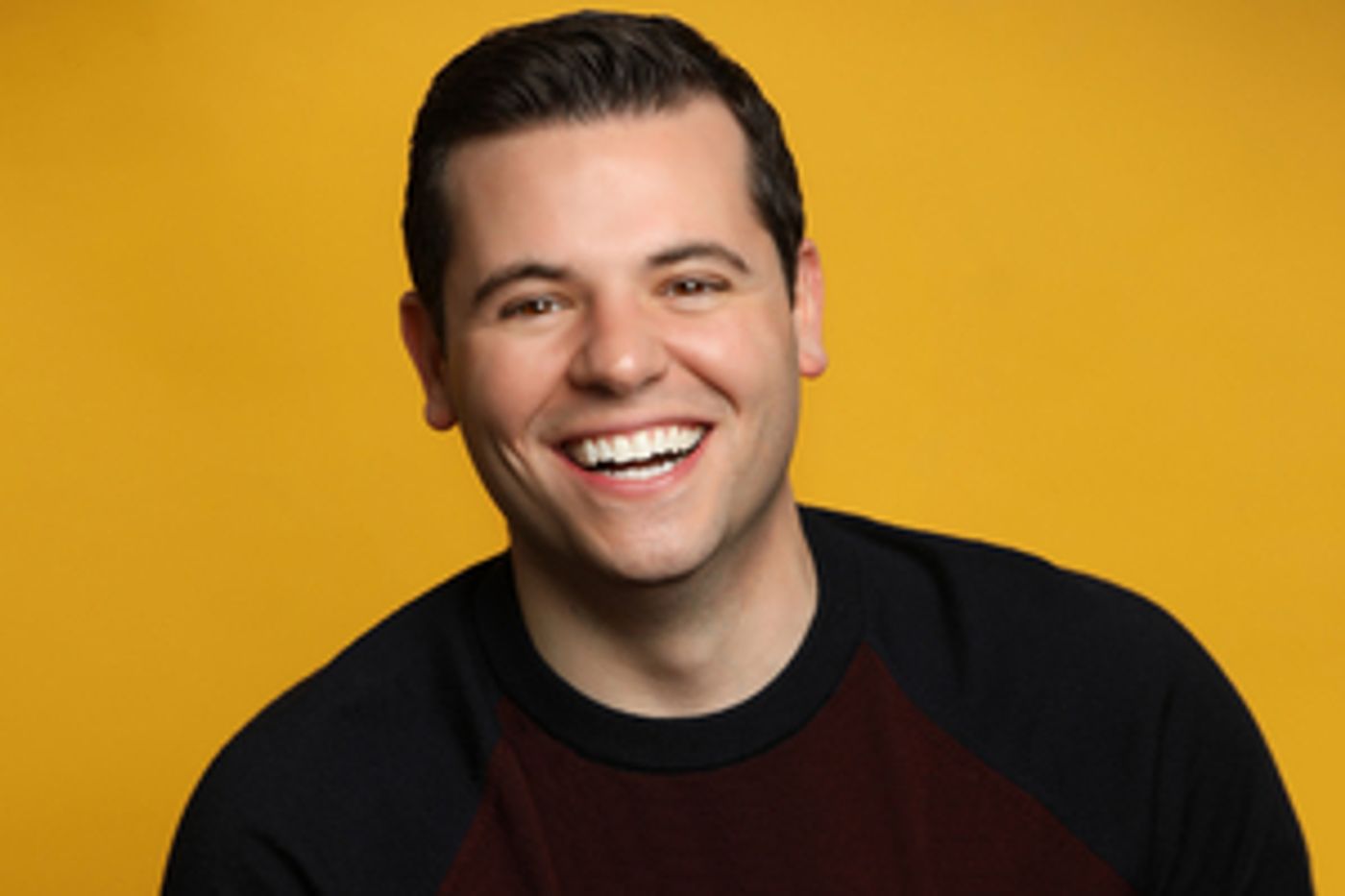
There are actors who will hold onto their work on stage at all costs, for as long as they can, whatever the cost. Not Marc Tumminelli. When the time came to walk away, he cut and run right into the next chapter of his life, as easily as one cuts into an ice cream cake with a hot knife. And he has never looked back, never regretted the decision. That is probably because the one-time musical comedy performer rode into a sunset filled with prosperity and opportunities - opportunities to use his wealth of experience to nurture other artists in need of a guiding hand. Some of those artists are the young people who attend classes provided by his teaching institution Broadway Workshop; some of those artists are people of varying demographics who turn their lives over to him when they turn their nightclubs acts over to him, as director. A theater craftsman for many years, Mr. Tumminelli takes those club acts and cabaret shows, constructs them, deconstructs them, and instructs them into pieces of theater that fit nicely into the hour-long format necessary for the small venue entertainment circuit of show business. With three successful shows running simultaneously in New York City, one can safely assume Marc Tumminelli knows what he is doing.
Except when it comes to baking, which he leaves to his husband, James Donegan...
This interview has been edited for space and content.
Marc Tumminelli, welcome to Broadway World! How's your vacation?
It's good. We're just chilling in Vermont, so it's a lot of sleeping and reading, and we have camp this week, so I'm getting up every day to run the virtual camp program - all is pretty well here.
So it's not really a vacation if you're doing the virtual camp program, is it?
Well, we were going to come up here for a month, and the last week I was going to be doing camp, but then I booked this movie... so I worked on a movie for three weeks and we lost three of the four weeks that we were going to be up here. So we're basically up here and I have to work but you know how it is.
Well, we've all lost so much time recently that it's become a real nebulous thing.
But also, I don't say no to almost anything anyone ever asks me to do, so it just sort of cuts into any possible vacation or trips or things like that.
Where does that tendency come from?
Oh god, I don't know. I guess it's just that I'm a people pleaser, but I also like all the things that I do, so it doesn't sound like work - like I work at a bank - it's like work and I'm working with theater stars we love, or working on someone's solo show, or running a class, so it doesn't ever feel like work. In this case, doing a movie with (insert name of movie star here) was something I couldn't quite say no to no.
Never say no to working with a big movie actor.
No. And I never will.
What was your role on the film?
I was the dialogue and acting coach for all the principal actors in the movie, but at this point, all I can say is that I was working on a major motion picture.
I want to talk about the fact that you wear so many hats. You've been dialogue coaching, and then you come home and you are teaching, and you direct shows both on the theatrical stage and the nightclub stage. Is there anything that I'm missing out here?
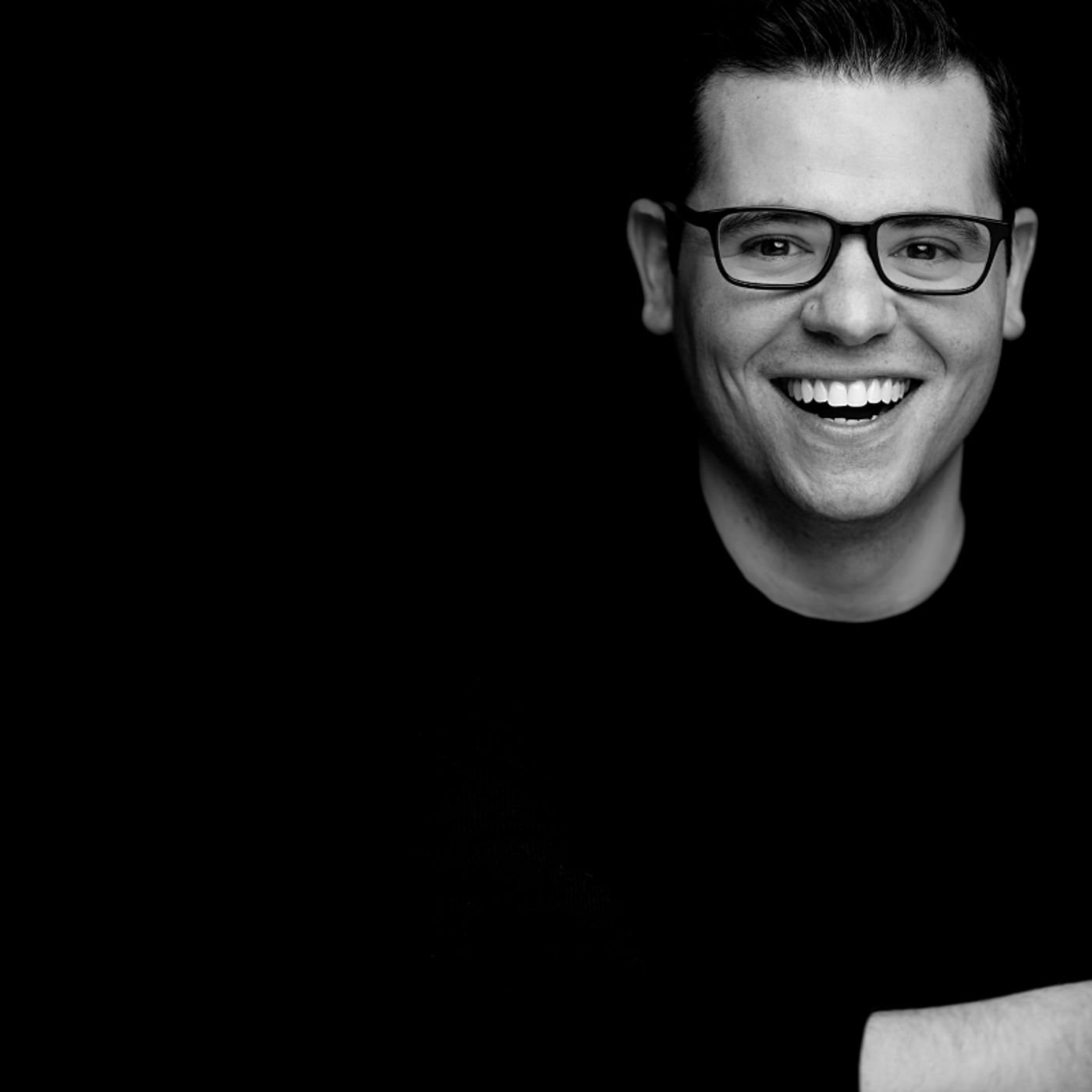 No, the only other thing is that I do corporate events. So I put together Broadway performers for various corporate functions, whether it is a celebration, like an honoree dinner, whether it's a team-building event - I do a lot of that with banks and law firms, to create Broadway experiences for their staff and things like that. It's a really fun, cool part of my job where I work with amazing Broadway performers and create a little Broadway culture for people who don't normally see Broadway shows.
No, the only other thing is that I do corporate events. So I put together Broadway performers for various corporate functions, whether it is a celebration, like an honoree dinner, whether it's a team-building event - I do a lot of that with banks and law firms, to create Broadway experiences for their staff and things like that. It's a really fun, cool part of my job where I work with amazing Broadway performers and create a little Broadway culture for people who don't normally see Broadway shows.
So that begs the question: when do you rest?
I sleep pretty well. After eight o'clock, I don't really do much, unless I'm seeing a show. In the last year, I've never slept more and had more time - usually, I'm at a theater to see a friend's show, three to four nights a week. Then, for the last 15 months or whatever, that has not been part of the equation. So I sleep - I'm very into self-care and focus.
That's good to hear. So how did you veer away from acting into all of these other parts of show business?
That was the easiest transition of my life. I started Broadway Workshop in 2007, and I still thought I would be an actor while I did that. Very quickly it became clear to me that I needed to put all of my energy into creating this top training program, working with the best artists possible, bringing in casting directors that I loved and trust to work with students that were coming to Broadway Workshop. And it just felt like, if I was going to be auditioning and going to be leaving town at a moment's notice, doing the theater acting thing, I couldn't possibly build this business up - and it felt like the clearest decision ever to just do Broadway Workshop. And so by putting my acting aside (just aside, I didn't say I would never act again) doors were opening left and right. People wanted to do Broadway Workshop, programs were selling out, parents wanted more programming, and I was just building a business in a natural progression, and that to me was very exciting. So it was a very easy transition for me out of performing.
Where did that impulse come from, to get off the stage and into the classroom?
I had always been working with young performers; I taught for various other programs and I was a resident director at a theater in Westchester, so I had been working with young performers from the ages of nine to eighteen for the decade pre-Broadway Workshop, since I was about twenty-one. I had private students, I had always been teaching in-between acting jobs - so putting my two feet in the business end of having my own company was just the next step for me. And I had done a bunch of things that were either coming to Broadway or that I was down to the last two for, or I had my heart broken a couple of times in the industry, and I was losing the drive that I once had.
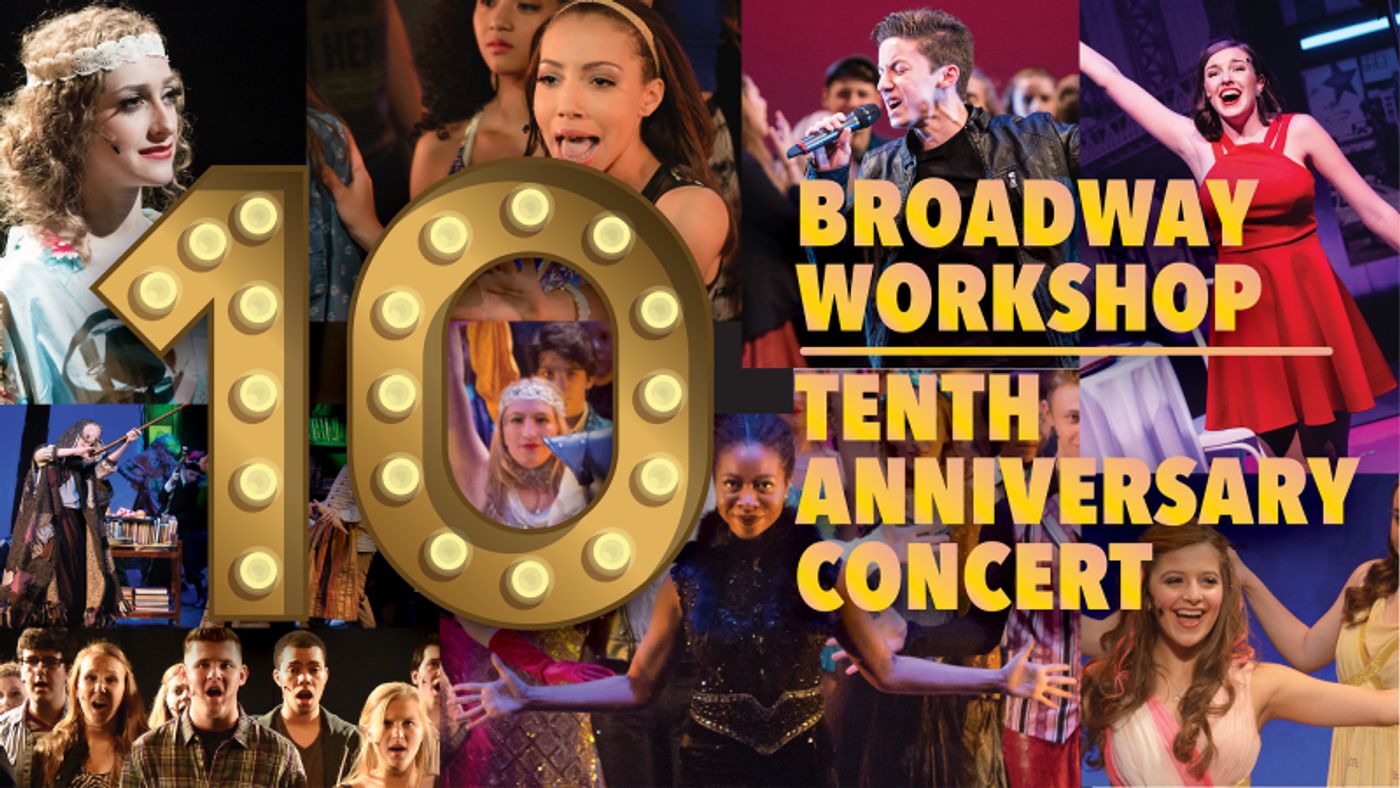
Sometimes actors don't hear the other things that are calling them, and sometimes they do, and I heard it very clearly. And I didn't have this very exhausting, emotional experience - it was more like, "Oh, I'm going to kind of stop auditioning for a minute." It just seemed so great, this thing I'm getting to do, and I found a lot of power in creating my own path and creating programs I was really excited about, creating opportunities for students that were not available for me as a kid. Each one of those things fed me in a way that performing never did. And to be honest with you, the only thing that I miss about acting is never the acting - it was being with my friends in the dressing room, hanging out in between rehearsals, all the social aspects of performing. I didn't really miss learning the vocal lines, I certainly didn't miss getting off books for plays. I didn't miss any of the things that you should be missing if you want to be an actor. And I didn't want to do any of that work, it's so hard! (Laughing)
What is the age range that you teach at Broadway Workshop?
The majority of the kids that I work with are high school age - eight and a half/nine is our beginning age, where you can start doing programs. I think my strongest suit is that between seventh and twelfth grade age group because those are the kids that are starting to realize this is a real passion. It's beyond when you're eight or nine and your parents put you in a dance class, they try karate and acting classes; it's exciting to me, the kids that are like, "This is my world. I love it so much." And I'm as excited to work with a kid who loves it so much and is not as talented as a kid that is super talented and loves it so much because we need all of that for the next generation of theater artists because there are a lot of kids that don't kill it as a singer or an actor or a dancer, but they understand the world of theater and they love it. And they're going to be amazing audience members, they might be incredible directors and casting directors. They might be amazing studio owners. There are so many jobs in this industry and I don't think we share enough of that world. On this movie I was just working on, we had twenty-five extras that were between the ages of nine and thirteen, and I was like, "When you get on set today, I want you to notice every job you're going to see, from the person doing hair and makeup to the lighting designer to the director of photography to the director to the script supervisor. There are a billion jobs on a movie, there are a billion jobs on a Broadway show.
The people who are in front of the camera represent such a small amount of what it takes to make this project happen and I think it's really important that young people are aware of all of that because people are going to be all those other jobs, so let's like educate our young people to know about all of that.
Your work with all of these young people, does it influence your home life? Are you and James going to do the parental thing next?
No, that is totally off the table. Probably because I have had amazing kids in my life for so many years that have grown up with me, grown up and out of my program - they're part of my life. I see them, they will come to visit me at the old age home. I feel like I've had such an impact on so many people that I don't really feel any need to come home every night and have to deal with my own kids. I don't think I would be as good at my job if I had my own children. It wasn't that big of a passion for myself or James - I feel like, to be a parent, you have to want it so badly... kind of like being an actor: you have to keep showing up, you have to keep hearing "no" and you have to keep having heartbreak. I'm just not that in the game of that. So, we're not having any kids.
This is the no babies zone.
It also affords a very different kind of lifestyle. Our dog is our baby and there are things that I can do because I can be out of the house for 10 hours if needed or there's a job that I can take on, or directing someone's solo show - these are things I would not be able to do, because if I had a kid that would be my whole life. So I can do things that I could never do if I had my own children.
Well, you sort of do have your own children because you direct grown-up cabaret artists.
Yeah.
How does working with the grownups differ from working with the young people, or does it at all?
It doesn't at all. I think I'm better at working with adults because I have so much experience working with kids. To make a performer feel amazing about what they're doing, to empower them to feel like they can go on stage and pick up anything that's thrown at them, to make them feel like the work that they've done in the studio, in their career, that the people that they are is so important and they can let that out. So the way that I can get a young person to understand why they're so special is the exact same thing that goes into working with an adult. In fact, it's even a little bit harder working with adults because I have to choose my words a little carefully. What I'm saying with a kid or a younger person, (Laughing) I can't with some adults. I think if you know me, you know that my heart's in the right place and everything that I'm doing is for your benefit. I think once you know me enough, that you can take direction from me in a really easy way. I think it's only helped my ability to work with adult actors. A lot of times in this business people think that if you work with kids, that's all you do - you don't have the ability to work with adults, and, in fact, it's the greatest education you could possibly have. I have so much less time when I direct a show at Broadway Workshop - I have so much less time to work with a young person because they're only available on the weekends or after school. The same thing on this movie - kids can only work six hours a day on set, so you have to work so much faster, you have to make sure that they are ready to work. With adults, you just go into overtime and no one cares, but as far as SAG is concerned, that's not even an option: the kid is done after six hours. So you've got to get the work done fast and I work in a very quick way - I think it's only benefiting as a director.
There are those who think that cabaret shows and concerts don't need a director. Why do you think that's not the truth?
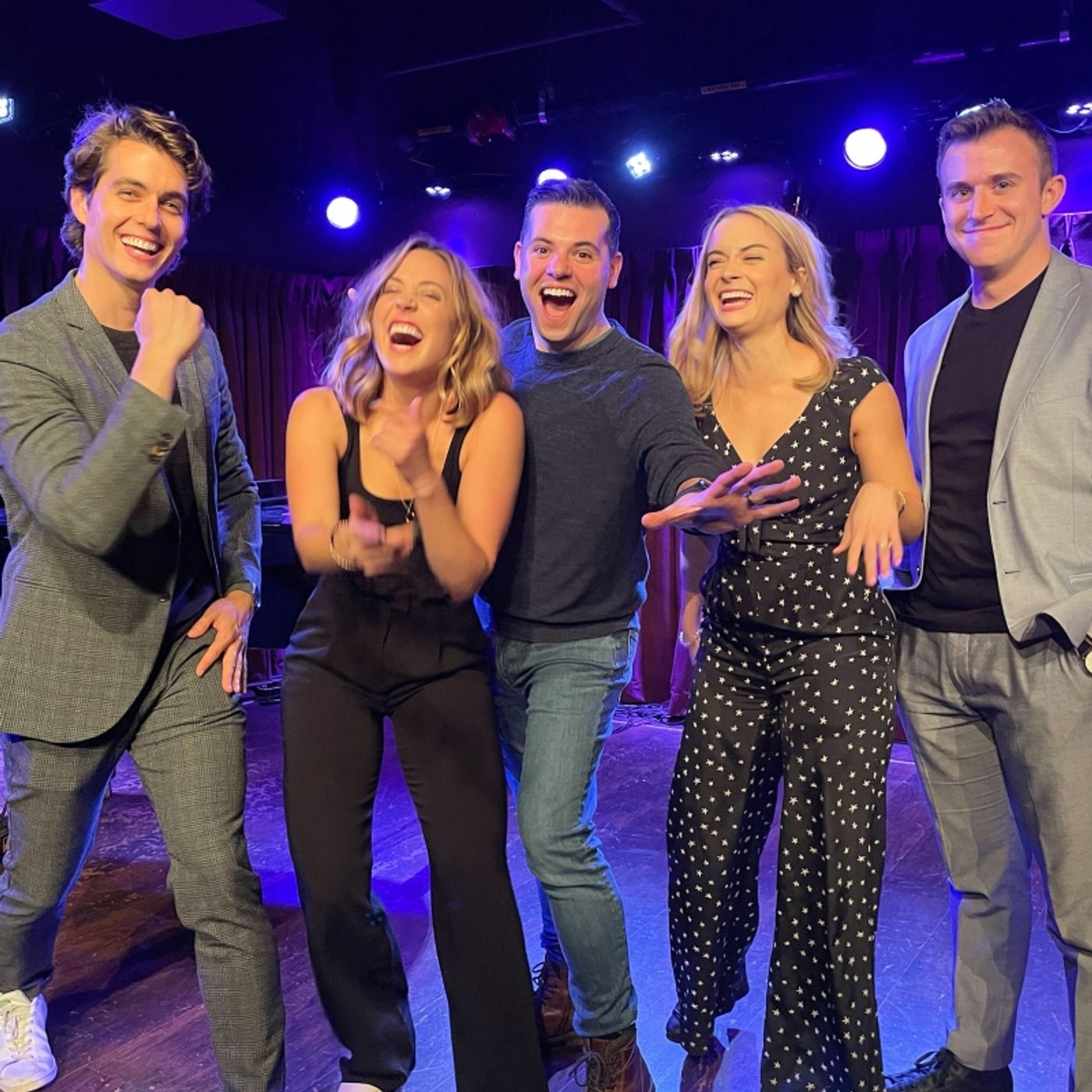
I think that you need someone to see you from the outside and say, "This is working. This is not working. This is so funny, lean into that. Or this is a great idea, let's try it." You need someone that you know is in your corner who's seen the whole piece. In all the shows that I directed, especially recently with Farah Alvin, and Erika Henningsen, and Andrew Barth Feldman the shows have a beginning, middle, and an end, and it really feels like it's a show, not just an act. It's not just, "These are great songs that I sing." It's like, "What is the story we're telling, who is going to benefit from hearing it, what is the audience going to know about you that they didn't know when they walked in?" Give them what they want, but also give them more than they want - that's the thing. I do think that there is a benefit about working with someone who can say what is cringy, which is a big thing that I say like, "Oh, this feels a little self-serving" and luckily the people I work with tend to go in that direction. I do think it's really helpful, especially as a writer, because I write these shows with the performers.
So let's talk, for example, let's use the Andrew Barth Feldman show, which has a very unique storyline. How did you and Andrew sit down and begin to formulate this particular story?
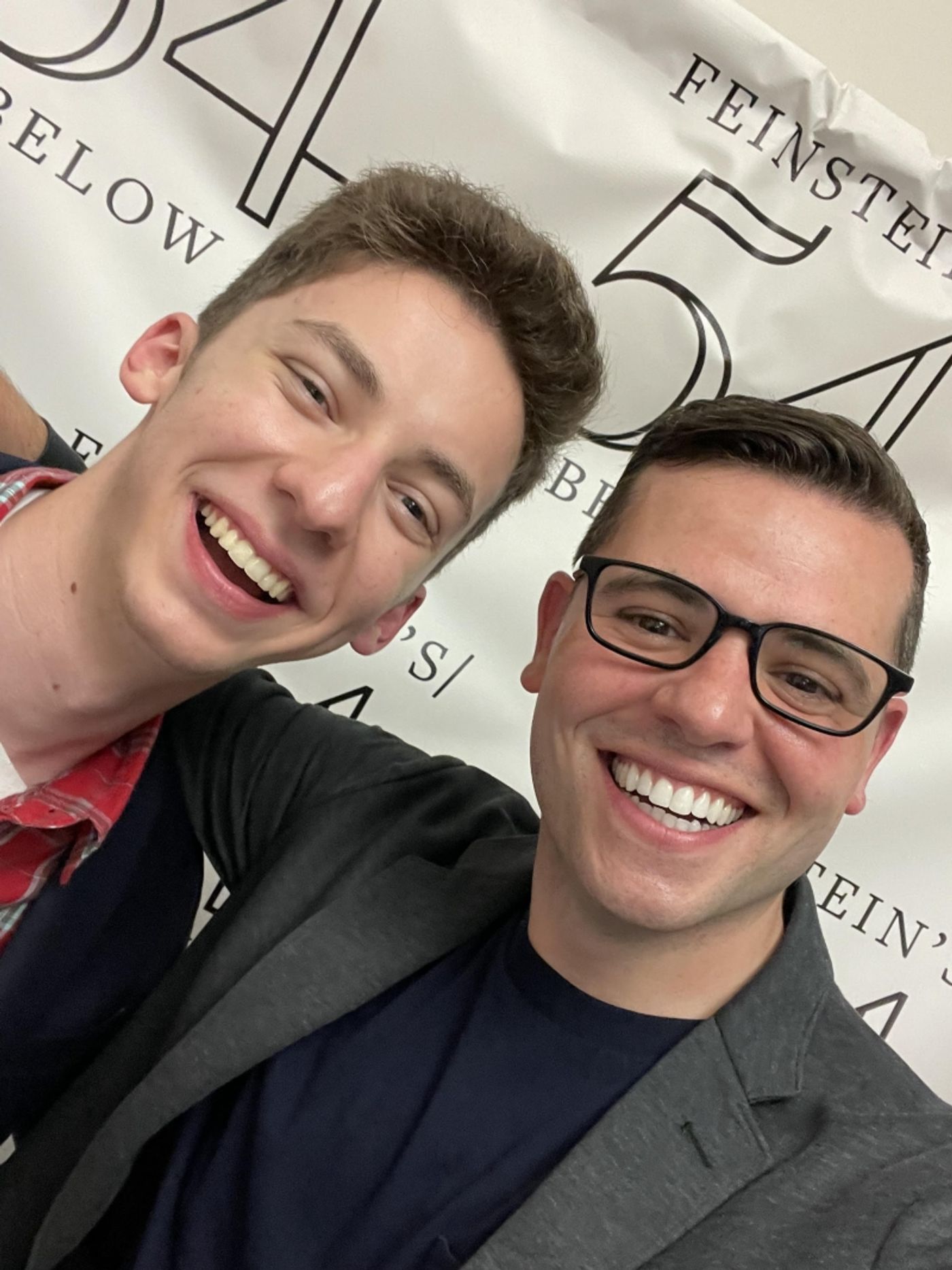
Andrew came to me with the idea of what he wanted to do, and I thought that we should call it Park Map and figure out how we mix these two worlds - his world and the actual park - and the history of Disney, which he knows a ton about. We started with that idea - the next thing I normally ask an artist to do is write it out like a script in their own voice, then we edit it together - I will do a pass with notes, then we go back and forth, and we start figuring out what the script is, like with a theater script. For all the shows I direct, they have a full script that can be printed and performed by another person if need be, so much detail is being done. It's literally collaboration in the truest sense of what that word means. We are writing a theatrical script for a stage show because I don't think there should be that big of a dip, but it still always needs to be the artist's voice. It's all collaboration, which I think is so fun to do, and I think that's why these shows have been particularly successful. It's a very long collaborative process of things that are forever changing - sometimes we'll make little shifts based on things that we know are gonna happen; with Andrew's show, we're going to film the final show on Sunday and that's going to be live-streamed, so what might not work if you're not in the room is becoming a conversation. If we did this show a year from now, I'm sure we'd have fifty edits to the show that we're doing currently.
This is a very personal story of Andrew's, and you said a minute ago that there's a theatrical script that anybody could do if they needed to. Do you think that this could be turned into a one-person show that an actor could play Andrew in?
I don't think so because Andrew has the ability to do things that nobody on earth knows how to do. There are three sections in the show where he pulls an attraction out of the hat, then does a 45-second history of that attraction. It is non-scripted, he just goes with it and he's watching the clock. I don't think anyone on earth could really do what he does there. There are certainly things in this show that are so specific to his story, and losing his mother while playing Evan Hansen, while having this catharsis of "How do I become a Disney adult when I don't know if I'm an adult?" I think it's very specific in Andrew's story... and I don't think any of these shows really would work on anyone else, but we are going to write them as if they could because that's how you create the best possible show, by writing a real script that someone else could read out loud, and could work and make sense, but it would never feel as personal. That is my goal with all of these things that I get to touch on with these incredible performers.
So in the name of full transparency for the readers that going to read this interview, I have not seen Andrew's show - another one of our writers reviewed it, and solely on the merit of his review, I spent money and bought a ticket to see the show on Friday night. So I am going to experience Andrew's show for the first time myself in two days. I have, however, seen the Farrah Alvin show, which felt so unrehearsed and so extemporaneous that I felt like it was in her living room: that to me is always a benefit in a nightclub act.
Yeah. And yet that show was very rehearsed.
But it can never feel very rehearsed.
(Both laughing)
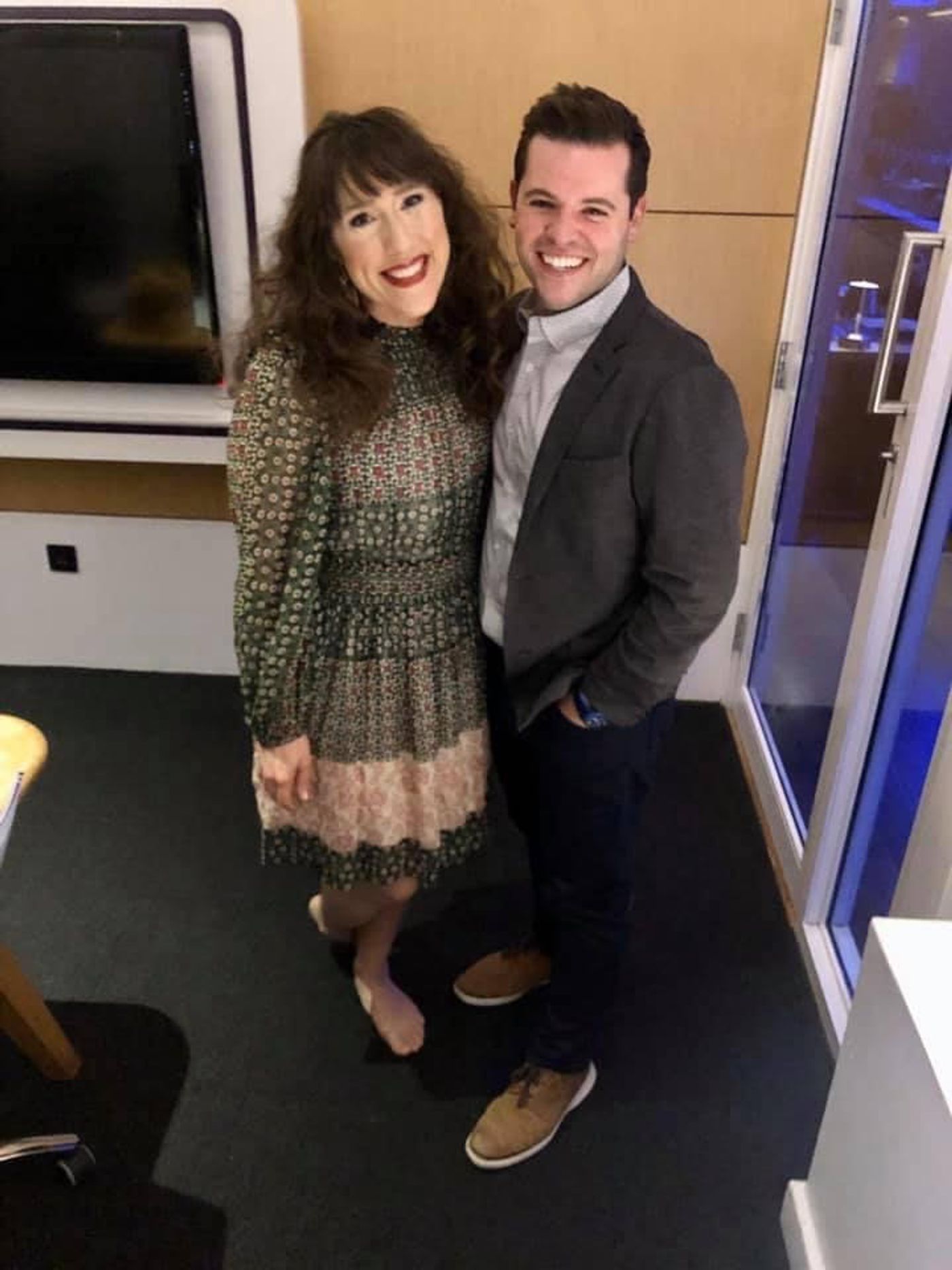
Never feel rehearsed... if you forget something, where you're going, it's not important that you get every line, right. It's important that you understand the trajectory of the evening, where your moments are that are really important, what is a moment that you can feel a little more free in. I do think that there is a level of rehearsing all of these shows but also letting your performer know what the base is and that they can fly with whatever happens. If you feel safe in your show, you can do anything. If you are unsure about what is coming next and you don't know your arrangement and you don't know the stories you're going to tell, you're going to, we're going to watch a performer who's floundering a little bit.
What does the future look like for Baking With Marc and James?
(Laughing) It is so time-consuming - I loved doing it together during quarantine, it was really fun, but we were also in the apartment together for 24 hours a day. It was a fun project, but now that our lives have come back and I'm working on projects, and he's super busy... do we have four hours to bake something and then another four hours for James to edit the video? It's like a job. I think we'll come back for some specials because we still like doing it together. James is still baking every week, we're just not filming because my baking skills haven't elevated at all
You didn't gain any ground at all.
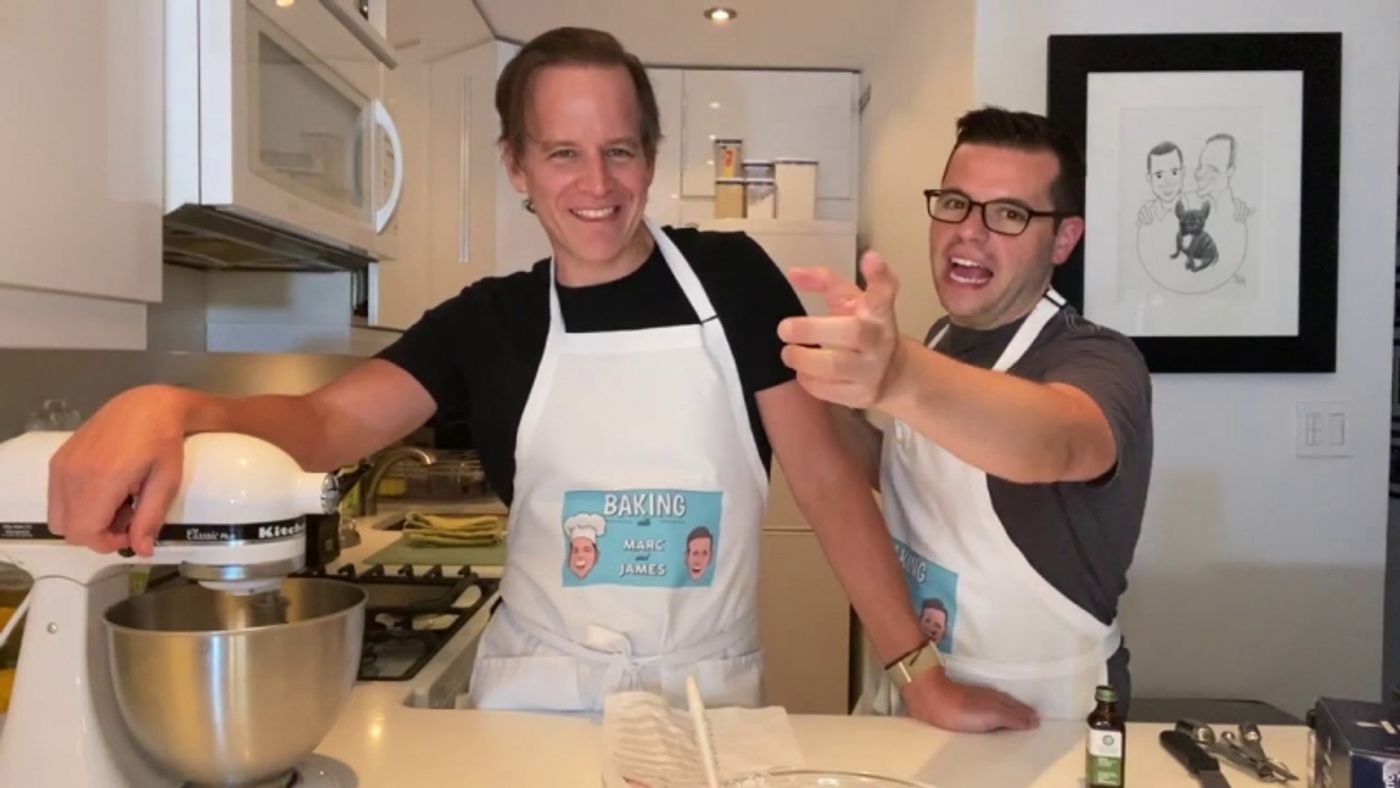 I understand how to measure things a little bit better. He does have a passion for it, the same way that you have to have a passion to be an actor or to be a director. You have to have some sort of passion even to be an electrician because you're not going to do your job very well if you don't love it. I will say baking is not really my love - making pancakes, I am very passionate about that.
I understand how to measure things a little bit better. He does have a passion for it, the same way that you have to have a passion to be an actor or to be a director. You have to have some sort of passion even to be an electrician because you're not going to do your job very well if you don't love it. I will say baking is not really my love - making pancakes, I am very passionate about that.
Well, with pancakes you don't have to pre-heat anything and they always taste good.
When I go to heaven, that's all we need: pancakes and a constant loop of Real Housewives of New York.
So you have three shows currently running in nightclubs that bear your name and Broadway Workshop is in full swing. What other adventures await you this year?
I don't think we have a whole lot. I'm available for hire to direct your cabaret or your full book musical. I think I'm gonna be doing a lot more focusing on doing some directing jobs outside of Broadway Workshop now that the businesses in a place where I have an amazing staff who run things so that I can do some other things. So I'm going to be seeking out those opportunities as much as possible in the next year, and I'm open for the ride of whatever comes my way, but
What should an artist look for in their cabaret director?
Somebody who's very collaborative and understands what you do and also understands the story you want to tell them. You just need someone who is in your corner. You just have to ask the right questions to find the right person
When James is ready to do his club act, are you going to direct it?
A hundred percent, no. (Both laughing)
I will tell you this about James: he's a very, very talented person but he doesn't want to hear my thoughts about all of those things (Laughing) I have to let him fly on his own when he's going to do his own solo show.
Marc Tumminelli, that was a great chat. Thanks for talking to me while on your damn vacation!
(Laughing) It's alright, it was fun!
Enjoy the rest of your Vermont time.
Thank you!
See Andrew Barth Feldman PARK MAP at Feinstein's/54 Below July 10 and 11 HERE
See Farah Alvin B-SIDE at The Green Room 42 July 31 HERE
See Erika Henningsen I ENJOY BEING A (___) INSERT NOUN HERE when it returns to The Green Room 42 - Website HERE
Visit the Broadway Workshop website HERE.
Visit the Marc Tumminelli website HERE
Videos

